Symposium Plant-soil feedbacks
You are here
International Symposium
Plant-soil feedback
Linkages between root traits and soil biota
Thursday 7 March 2019
Room C0222, Forum Building, Wageningen Campus
Scope
In this one-day symposium, we will present and discuss the emerging knowledge on the role of root traits as drivers of plant-soil feedbacks. Specifically, we will address how morphological, chemical, and physiological root traits affect key functional groups of soil biota, including mutualists (mycorrhizae, N-fixers), pathogens (microbes, nematodes), and litter decomposers. Root traits are increasingly being measured in plant-soil feedback studies, but the predictability of how root traits affect key groups of soil biota and, hence, how root traits could mechanistically explain the strength and direction of plant-soil feedbacks remains low. Are we measuring the right traits? What are the biologically and ecologically most relevant traits? Traits important for one group of soil biota may not be important for other groups.
Programme
| 09:00 - 09:30 | Registration of attendance & Coffee / Tea | |
| 09:30 - 10:00 | Welcome word and introduction to the day - Linkages between root traits and soil biota: the unknowns and unknowns Paul Kardol, Associate Professor @ Department of Forest Ecology and Management, Swedish University of Agricultural Sciences |
|
| 10:00 - 10:30 | Soil abiotic properties set the scene for the interactions of plants with soil microbial communities Marina Semchenko, Research Fellow @ Soil and Ecosystem Ecology Lab, The University of Manchester Environmental gradients and plant functional traits have been key to explaining local and global patterns of plant diversity and primary production. It is increasingly recognised that soil microbes also play a critical role in promoting plant species co-existence and the positive relationship between plant diversity and primary productivity. In particular, studies ranging from temperate grasslands to tropical forests suggest that these effects are driven by the accumulation of host-specific pathogenic fungi in soil and associated suppression of locally abundant plant species, phenomenon known as negative plant-soil feedback. However, the identity and characteristics of pathogenic fungi involved in negative plant-soil feedback remain largely unknown, as do the links between plant-fungal interactions, plant traits and soil abiotic context. I will review current knowledge on how plant traits and soil properties may affect plant-soil feedbacks and will use an extensive study on grassland species to demonstrate how plant traits and soil fertility modify the outcome of plant-fungal interactions. |
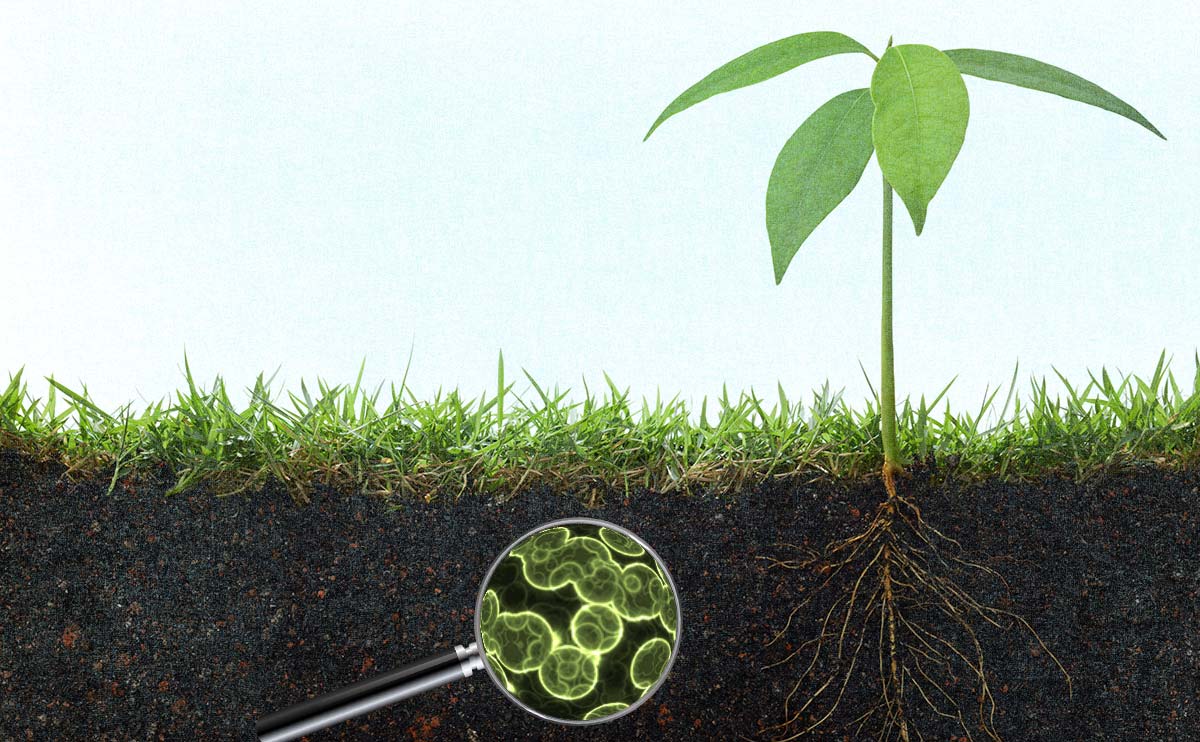 |
| 10:30 - 11:00 | Coffee / Tea break | |
| 11:00 - 11:30 | Integrating root decomposition into the framework of plant-soil feedbacks Ciska Veen, Junior group leader @ Department of Terrestrial Ecology @ Netherlands Institute of Ecology Root litter decomposition is a key component of plant-soil feedback (PSF) effects, but did not receive much attention in PSF research. Here, I present a framework that integrates litter- and rhizosphere-mediated PSF effects. The strength and direction of litter-mediated PSF will depend on physical and chemical traits of the litter, as well as on interactions between litter and soil decomposer communities. I will show first experimental evidence on the occurrence and species-specificity of (root) litter-mediated feedbacks. |
 |
| 11:30 - 12:00 | Climate change goes underground: Mechanisms through which plant roots modify drought effects below ground Franciska de Vries, Professor of Earth Surface Science @ Institute for Biodiversity and Ecosystem Dynamics, University of Amsterdam A major challenge in microbial ecology is to better understand how soil microbial communities respond to disturbances associated with climate change, and the consequences for their current and future functioning. Plants strongly alter the soil environment through root processes and are therefore likely to modify how soil microbial communities, and their functioning, respond to drought. Here, I will present the results from three experiments, ranging from field-based mesocosm, to glasshouse, to growth chamber experiments, to show how plants alter belowground microbial response to drought, and the consequences for soil functioning. |
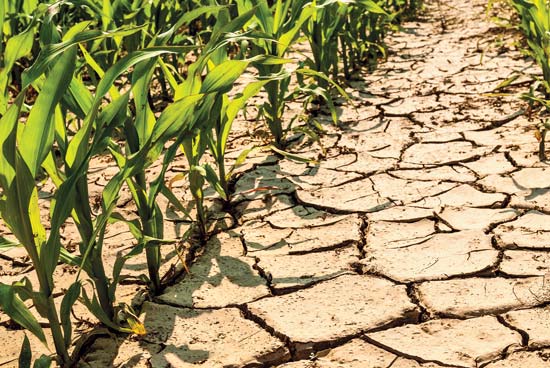 |
| 12:00 - 13:30 | Lunch in the Restaurant of the venue | |
| 13:30 - 14:00 | Can plant-soil feedback be predicted from plant functional group, phylogenetic relatedness or plant (root) traits? Gerlinde De Deyn, Personal Professor in Soil Ecology @ Department of Environmental Sciences, Wageningen University & Research In this presentation we will explore how we could predict plant soil feedback effects that are generated by soil biota. We will do so by addressing a number of pertinent questions. Do plant functional groups generally differ in plant-soil feedback effects or should we rather look at the (root) traits or the phylogenetic relatedness between the species that are grown after each other? And how do these features relate to the interactions with the soil biota that underlie the plant-soil feedback effects? |
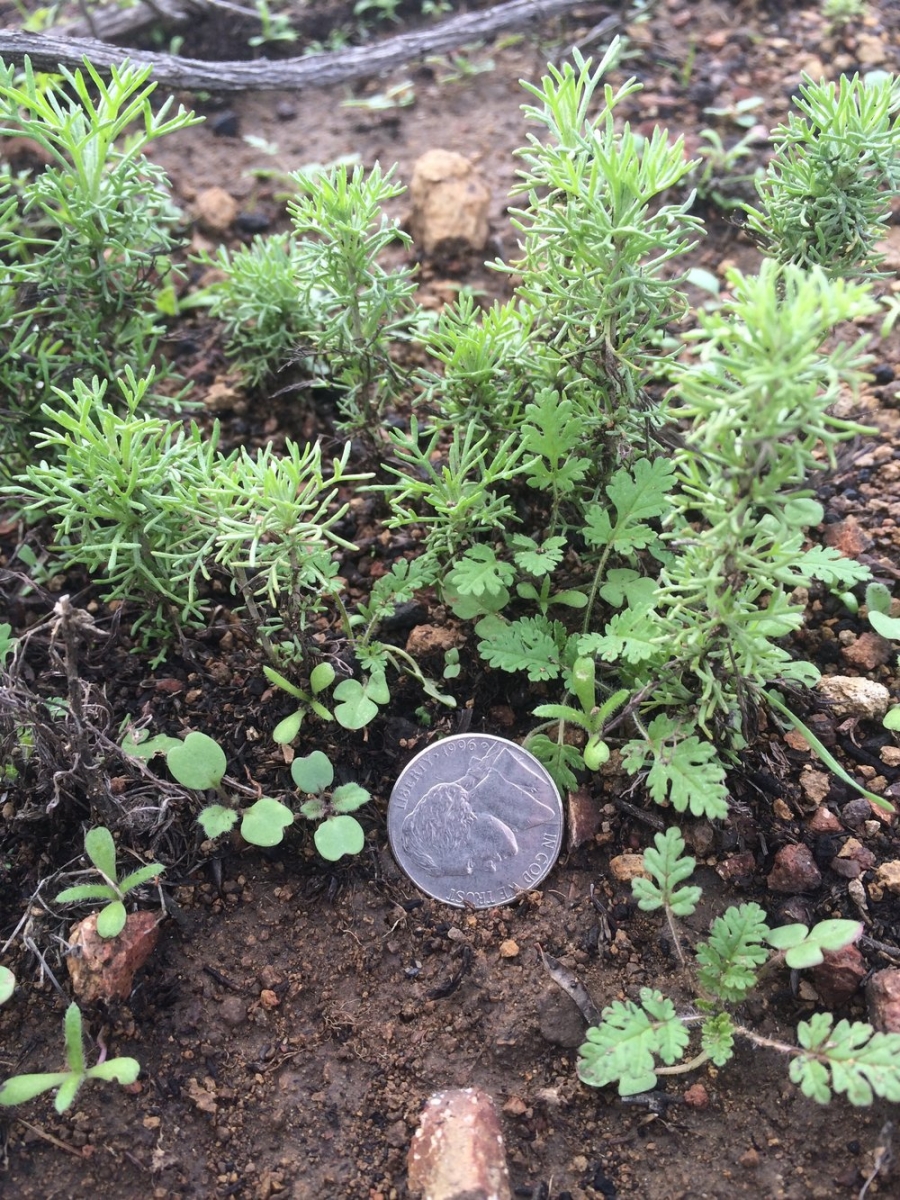 |
| 14:00 - 14:30 | Belowground insect herbivory modifies the plant-litter feedback pathway, while aboveground insect herbivory does not Jon De Long, Postdoctoral Researcher @ Department of Terrestrial Ecology, Netherlands Institute of Ecology The plant-litter feedback pathway is an often-overlooked component of plant-soil feedbacks. Here, using greenhouse studies, I will show how changes to plant shoot and root litter quality of plants with contrasting growth strategies (fast versus slow) wrought by above- and belowground insect herbivores impact on plant performance via the plant-litter feedback pathway. I will discuss possible mechanisms of these feedback effects and place them into a broader context as to what they could mean for the plant-litter feedback pathway under natural conditions. |
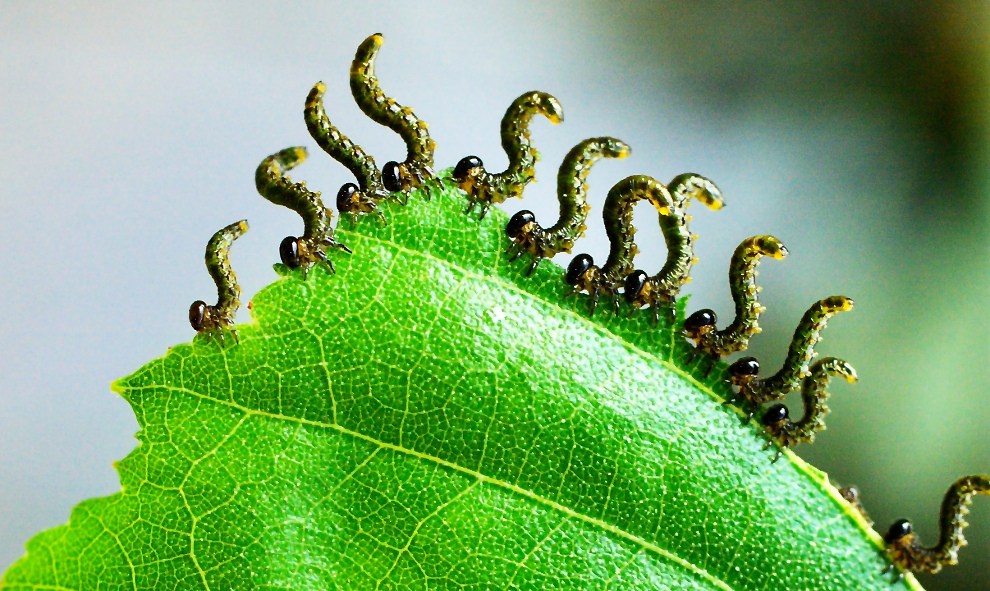 |
| 14:30 - 15:00 | Temporal changes of chemical root traits explain plant-soil-feedback effects Katja Steinauer, Postdoctoral Researcher @ Department of Terrestrial Ecology, Netherlands Institute of Ecology Root-derived carbon, like root exudates, is considered a key driver of plant-induced changes in soil properties and can shape their soil microbial community. However, plant-microbe interactions can vary greatly over time. We performed a plant-soil feedback experiment using Holcus lanatus and Jacobea vulgaris to study the temporal dynamics of root exudation and its interaction with the soil microbiome. Here, I will show that the composition of root exudates and soil microbial communities varied strongly over time helped to change negative to positive PSF effects. |
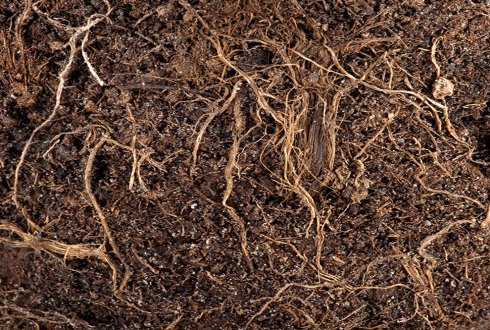 |
| 15:00 - 15:30 | Coffee / Tea break | |
| 15:30 - 16:00 | Root trait effects on soil microbes in the sub-arctic tundra Clydecia Spitzer, PhD researcher @ Department of Forest Ecology and Management, Swedish University of Agricultural Sciences We research much more about root traits and soil microbes within forests, agricultural systems and temperate meadows than the sub-arctic tundra. In my talk, I will give an overview of current knowledge about root traits and soil microbes within the sub-arctic tundra. Further, I will discuss whether root traits could explain the composition, abundance and function of associated rhizosphere soil microbes. |
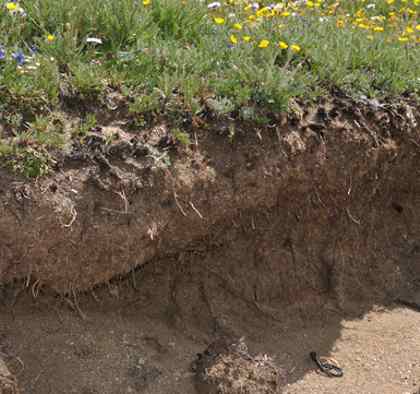 |
| 16:00 - 16:30 | Lost in diversity: the interactions between soil-borne fungi, biodiversity and plant productivity Liesje Mommer, Personal Professor in Plant Ecology @ Department of Environmental Sciences, Wageningen University & Research Plant species richness enhances plant productivity within natural grasslands. Differential accumulation of soil-borne fungal pathogens across the plant diversity gradient has been proposed as a cause of this pattern. In this talk I will explain how we have set and tested baseline assumptions for soil-borne fungal pathogens to drive the diversity-productivity relationship, by connecting the fields of ecology and plant pathology. I will also show results from soil-borne fungal pathogen dilution at the community level, and decreased pathogen transmission of specific fungal pathogens at the species level. |
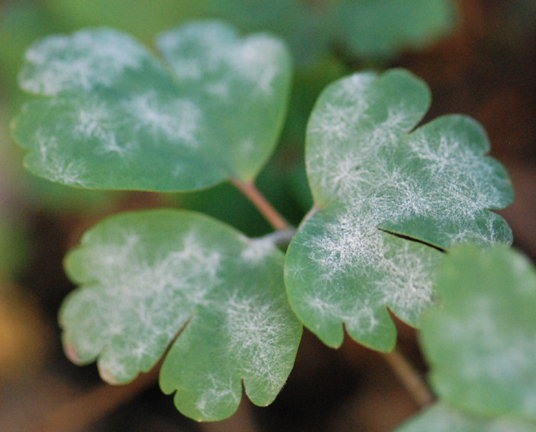 |
| 16:30 - 17:00 | Synthesis and closing remarks Martijn Bezemer, Senior researcher @ Department of Terrestrial Ecology, Netherlands Insititute of Ecology / Professor in Ecology of Plant-Microbe-Insect Interactions @ Institute of Biology, Leiden University Paul Kardol, Associate Professor @ Department of Forest Ecology and Management, Swedish University of Agricultural Sciences |
|
| ~ 17:00 | Drinks at the venue |
General information
| Target Group | This symposium is open for all, and aimed at people interested in plant-soil feedbacks. |
| Event duration | 1 day |
| Number of credits | 0.3 ECTS |
| Location | Room C0222, Forum Building, Droevendaalsesteeg 2, Wageningen, Wageningen Campus, the Netherlands |
Fees 1
This symposium is free of charge, but registration is necessary. Participation in the symposium includes all coffee/tea breaks, a lunch, and the drinks at the end of the day.
PE&RC Cancellation Conditions
- Up to 1 week prior to the start of the event, cancellation is free of charge.
- In case of cancellation within one week prior to the start of the event, a fee of € 25,- will be charged.
Organisation
This symposium is organised by Prof. Martijn Bezemer (NIOO-KNAW / Leiden University), and Prof. Paul Kardol (SLU), under the auspices of the Graduate School PE&RC. The symposium is financially supported by the KNAW Visiting Professors Programme, awarded to Prof. Paul Kardol, by the NWO VIDI project awarded to Prof. Martijn Bezemer, by the Netherlands Institute of Ecology (NIOO-KNAW), and by the Graduate School PE&RC.
More information
Prof. Martijn Bezemer (NIOO-KNAW / Leiden University)
Email: m.bezemer@nioo.knaw.nl
Prof. Paul Kardol (SLU)
Email: paul.kardol@slu.se
Dr Lennart Suselbeek (Graduate School PE&RC)
Phone: +31 (0) 317 485426
Email: lennart.suselbeek@wur.nl
Registration
To register, please enter your details below and click "Register".

